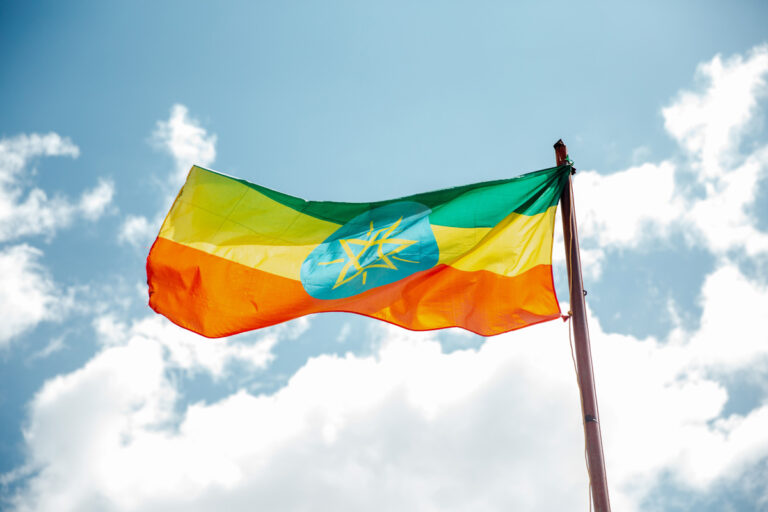Ethiopia’s Tigray refugee crisis: the genocide no one’s talking about

The Associated Press has reported that more than 40 bodies have been discovered in the Setit or Tekeze river on the border of Sudan. Local Sudanese authorities have confirmed that some were found with their hands bound while some even had gunshot wounds. In a bid to escape the nine-month conflict plaguing Ethiopia’s Tigray, ethnic Tigrayans have continuously attempted to cross the river and escape into Sudan. There are currently over 8,000 refugees being hosted in Hamdayet—a Sudanese border town—with an estimated 2.2 million people displaced.
An Ethiopian surgeon who fled from Humera, Tigray to the border of Sudan—Dr Tewodros Tefera—told The Associated Press that, “two of the bodies were found Monday, one a man with his hands bound and the other, a woman with a chest wound.” The surgeon also added how at least ten other bodies were discovered and buried by fellow refugees. The news has been circling on social media under #HumeraMassacre and #TigrayGenocide, as users plead for the world to pay attention.
Disclaimer: The hashtag features distressing graphic images and videos of the bodies from on-site.
Silence of world on Abiy's genocidal campaign in Tigray is gut wrenching and criminal.
— Rashid Abdi (@RAbdiAnalyst) August 3, 2021
World's callousness, silence, obfuscation, complacency, disinterest, spinelessness is abetting a genocide.
Bodies are being fished out rivers in their dozens just like Rwanda for God sakes !
An Ethiopian government-run Twitter account said on Monday that these reports on social media were part of a Tigrayan “propagandists” campaign. Not only does the disturbing video evidence shared by Ethiopian refugees refute this claim, but Reuters also reported some Sudanese witnesses confirming the Tigrayan accounts. Four local officials and residents told Reuters some of the bodies had visible gunshot wounds while others without visible injuries were bound. More bodies continue to be discovered.
One Twitter user wrote, “I just completed a phone conversation with a Tigrayan resident of Sudan-nearby the Tekeze River. He told me he has buried at least 15 bodies since 27 July. The majority of the bodies are of male youths.”
A call to ethnic cleansing
The Prime Minister of Ethiopia, Abiy Ahmed—who was awarded a Nobel peace prize in 2019—ironically hasn’t been keeping to that title. The reported conflict has been accused by many as a front for ethnic cleansing. Ahmed—who is part of the largest ethnic group in Ethiopia, the Oromo—recently said that Ethiopia is “facing an enemy which is [its] cancer”, describing the ethnic Tigrayans as “invasive weeds” who “must be uprooted in a manner that will never grow again.”
The BBC has reported that the Tigrayan forces will stop fighting when their ceasefire conditions have been met, which includes the end of the government-led blockade and the withdrawal of opposing troops. Gen Tsadkan Gebrentensae—a Lieutenant general and member of the central command of the Tigray Defense Forces—told the BBC that the Tigray people are not looking to politically dominate Ethiopia but rather have self-governance.
The UN has expressed grave concern in providing humanitarian aid to the Tigray region as the blockade makes the movement of supplies only possible via one route in the Afra region. The route is also not an easy one as there have been reports of personnel being interrogated and in worse cases: detained. The UN has estimated that as many as 400,000 people will face famine as Tigray remains cut off from the outside world.
Samantha Power—who wrote a Pultizer Prize-winning book on genocide—is set to visit Ethiopia this week (already in Sudan) to push the government to life the blockade in the Tigray region. Power, who is an administrator for the US Agency of International Development, has reportedly requested a meeting with Ahmed. As of now, it is uncertain how the situation will progress.




